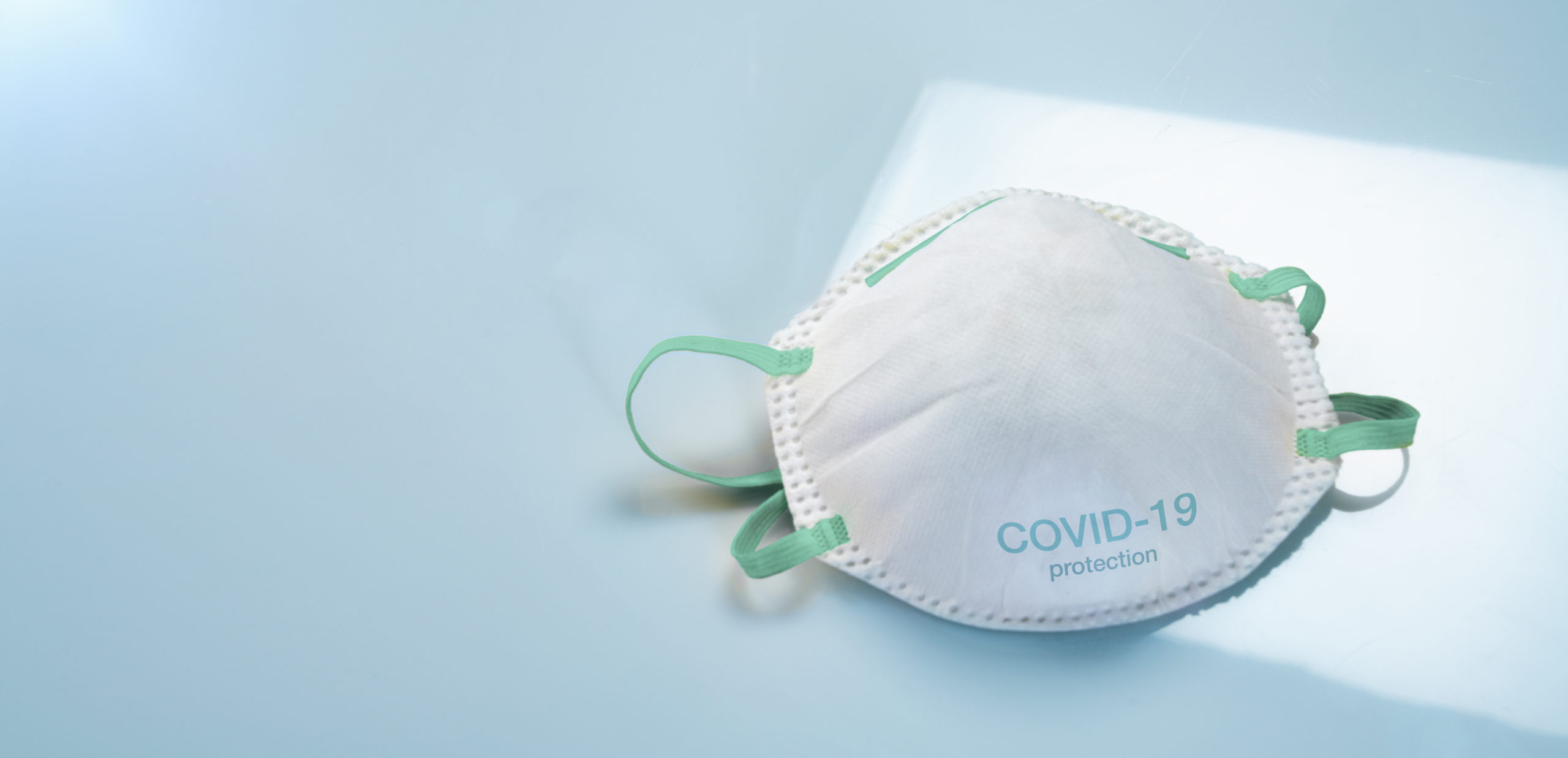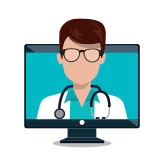What is the PCR Swab Test?
The PCR (polymerase chain reaction) test is a test for active Covid-19 infection. For a PCR test, a healthcare worker will swab your nasal cavity and/or throat to get a sample. After you have been swabbed, the genetic material on the swabs is sent to a lab for testing, where they screen for the virus. The results are generally returned within 48 hours.
Who Should Get A PCR Test?
Because PCR tests check for active infection, it’s important to have the test if you believe you have been in contact with someone who has or had Covid-19, as it is possible to be an asymptomatic carrier of the virus. However, scientists recommend not getting tested immediately after suspected contact with an infected person, as there won’t be enough traces of the virus to detect in the test. Instead, you should self-isolate and wait until the onset of symptoms, or at least 3-4 days after contact, to get a PCR test. This will greatly increase the accuracy of your test.
Higher-risk workers, including essential workers, healthcare workers, and first responders, should also get the test on a regular basis even if they are asymptomatic.
Those currently experiencing Covid-19 symptoms should undergo the PCR test. Covid-19 affects everyone differently and some report respiratory, gastrointestinal, or even neurological symptoms. Some common symptoms include:
- Fever
- Shortness of Breath
- Persistent Cough
- Body aches
- Chills
- Sore throat
- Headache
- Loss of taste or smell
- Loss of appetite
- Nausea
- Vomiting
- Diarrhea
- Dizziness
- Confusion
What Do the Results of PCR Tests Mean?
A positive result on a PCR test for Covid-19 means you currently have the coronavirus. Depending on your symptoms, we may recommend visiting a hospital, or self-isolating you and your household for two weeks after you stop experiencing symptoms.
A negative result does not guarantee you do not have coronavirus. There are many steps to PCR tests and a mistake in any one of them may result in a false negative. In addition, getting tested too quickly after contracting the virus (before you experience symptoms) may result in a false negative. Some scientists recommend waiting until the onset of symptoms, or even longer, to get a PCR test to decrease the possibility for a false positive.
No matter your results, the caregivers at WellCare will clearly communicate your next steps as we weather this pandemic together.
How Do I Get A PCR Test?
First, schedule a virtual appointment with us to describe your symptoms and contact history. If we believe you should be tested based on the information, we will ask you to come to our car-side swabbing facility at a specific time. We do not accept “walk-in” appointments for Covid-19 testing. If you have any questions, please call us at (616) 591-5995 or contact us online.





